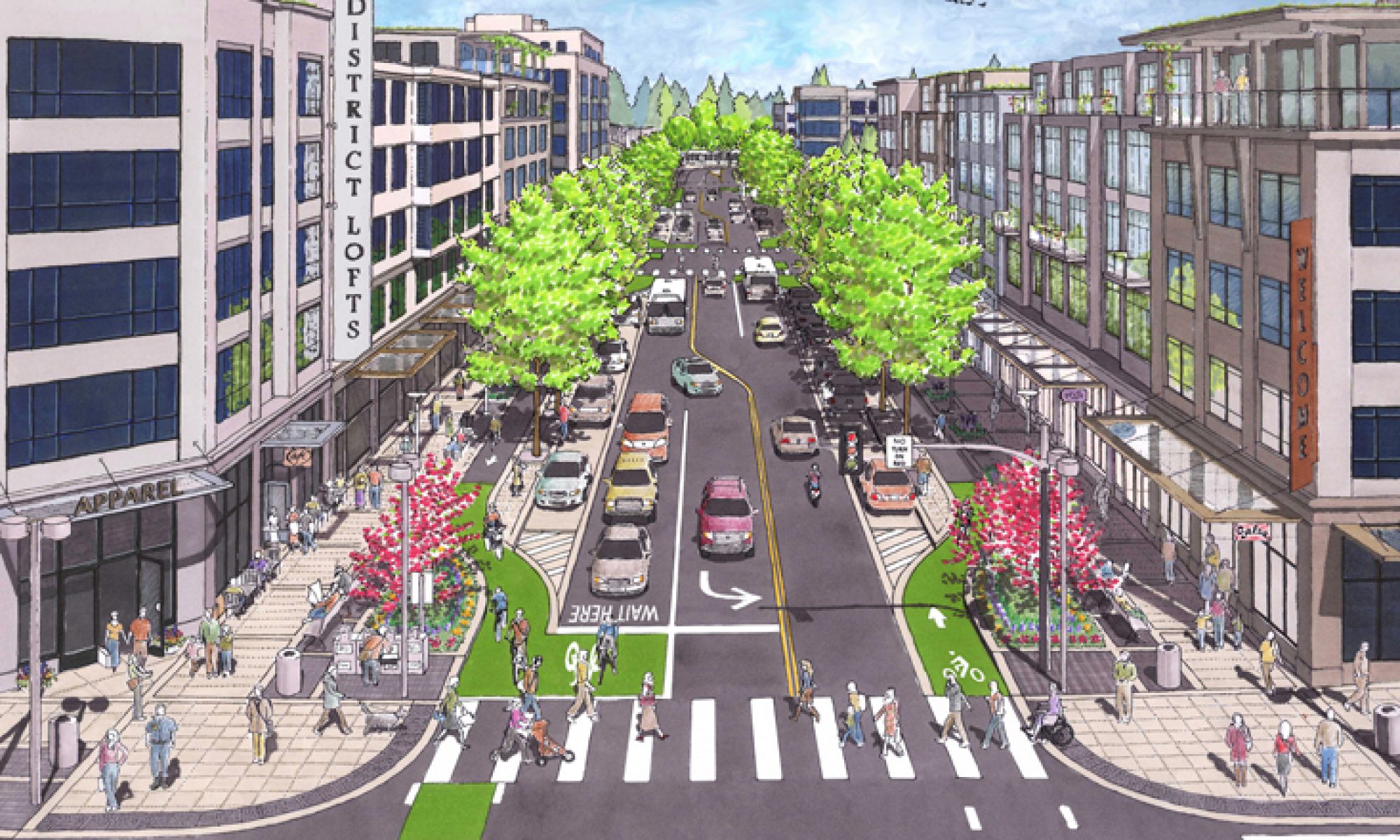Asbury Park Complete Streets Coalition supports a reallocation of police resources, specifically of traffic enforcement, and also in calls involving mental illness, homelessness, and other non-criminal issues where other professionals can be of much more effective service. Since the early 1920’s the often violent consequences of policing traffic has been borne mostly by people of color. You’ll read below how our roads have become over policed, and how Berkeley, California is “de-copping” traffic enforcement.
To fully understand the history of the policing of American roads, take a listen to this great War On Cars Podcast:
The Automotive Police State
The podcast introduction:
“For a century, the automobile has been sold to Americans as the ultimate freedom machine. In her groundbreaking new book, “Policing the Open Road,” historian and legal scholar Sarah Seo explodes that myth. Seo shows how modern policing evolved in lockstep with the development of the car. And that rather than giving Americans greater freedom, the massive body of traffic law required to facilitate mass motoring helped to establish a kind of automotive police state. Is a car a private, personal space deserving Fourth Amendment protection from “unreasonable searches and seizures?” Or is a car something else entirely? It’s a question that courts have struggled with for decades, ultimately leaving it up to the police to use their own discretion, often with horrifying results, especially for minorities. In this revelatory conversation with TWOC co-host Aaron Naparstek, Seo offers an entirely new way of looking at the impact of the automobile on American life, law and culture.”
Read the excerpt in The Boston Review, Policing the Open Road: How Cars Transformed American Freedom by Sarah A. Seo:
How Cars Transformed Policing
“The overpolicing of cars is a fact of life for people of color in the United States.”
“In their book In Context: Understanding Police Killings of Unarmed Citizens, scholars Nick Selby, Ben Singleton, and Ed Flosi concluded, “No form of direct government control comes close to [traffic] stops in sheer numbers, frequency, proportion of the population affected, and in many instances, the degree of coercive intrusion.”
To learn about Berkeley, CA becoming the “first in the United States to take police officers out of traffic enforcement, read this Streetsblog USA article:
Berkeley To Become the First US City To De-Cop Traffic Enforcement
“Racism in street safety law enforcement, of course, is not unique to Berkeley — and some street safety advocates hope that their own cities will consider similar proposals.”
Click here to read more.






